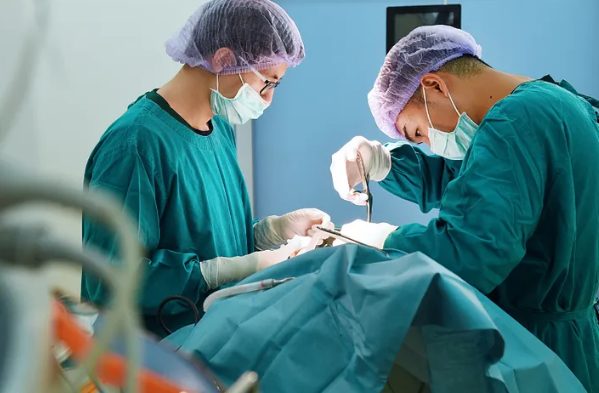Hernias can be a source of discomfort and frustration, affecting individuals of all ages. Fortunately, hernia form procedures have evolved over time, offering effective results to alleviate symptoms and enhance the quality of life. In this composition, we’ll claw into the world of hernia repair, exploring the procedure, recovery, and significance of seeking backing from a specialized urology center.
Understanding Hernia Repair
Hernia Basics
A hernia occurs when an organ or tissue protrudes through a weakened spot in the girding muscle or connective tissue. Common types include inguinal, femoral, umbilical, and incisional hernias. Hernia form is a surgical procedure designed to mend the weakened area, precluding further projection and addressing associated symptoms.
Surgical Techniques
Hernia form can be approached through various surgical methods, including open form and laparoscopic( minimally invasive) procedures. During open form, the surgeon makes a gash directly over the hernia and reinforces the weakened area with mesh. Laparoscopic procedures involve lower incisions and the use of a camera and technical tools for form.
Choosing the Right Urology Center
Why a Urology Center Matters
While hernias are frequently associated with general surgery, considering a specialized urology center for hernias can offer distinct advantages. Urology centers are equipped with experts who specialize in diseases of the urinary tract and male reproductive system, making them well- clued in addressing hernias that involve the urological organs.
Expertise and Experience
A urology center brings a wealth of expertise to hernia repair procedures. Urologists are trained to handle intricate anatomical structures, assuring a thorough and precise form acclimatized to each case’s unique requirements.
Comprehensive Care
Beyond surgery, a urology center provides comprehensive care, addressing any underpinning urological issues that may contribute to the development of hernias. This holistic approach enhances the likelihood of successful and continuing outgrowth.
The Hernia Repair Process
Preoperative Assessment
Before enduring hernia repair, cases undergo a thorough preoperative assessment. This includes a review of the medical history, a physical examination, and occasionally imaging studies to determine the size and position of the hernia.
Surgery Day
On the day of surgery, cases require anesthesia to ensure a pain-free experience. The surgeon also proceeds with the chosen repair technique, buttressing the weakened area and reducing the hernia.
Recovery and Postoperative Care
Recovery from hernia repair varies depending on the surgical approach. While laparoscopic procedures frequently result in quicker recovery times, open repair may take longer. Cases are handed postoperative care instructions, including restrictions on physical exertion and guidance on managing any discomfort.
Conclusion
Hernia repair is a transformative procedure that can significantly ameliorate a patient’s quality of life. Choosing a technical urology center for hernia repair ensures not only expert surgical intervention but also comprehensive care that addresses the unique aspects of urological health.
Still, consult with a urology center to profit from technical expertise and substantiated care if you are considering hernia repair. Embrace the trek to a hernia-free life, supported by professed urologists devoted to your well- being.




